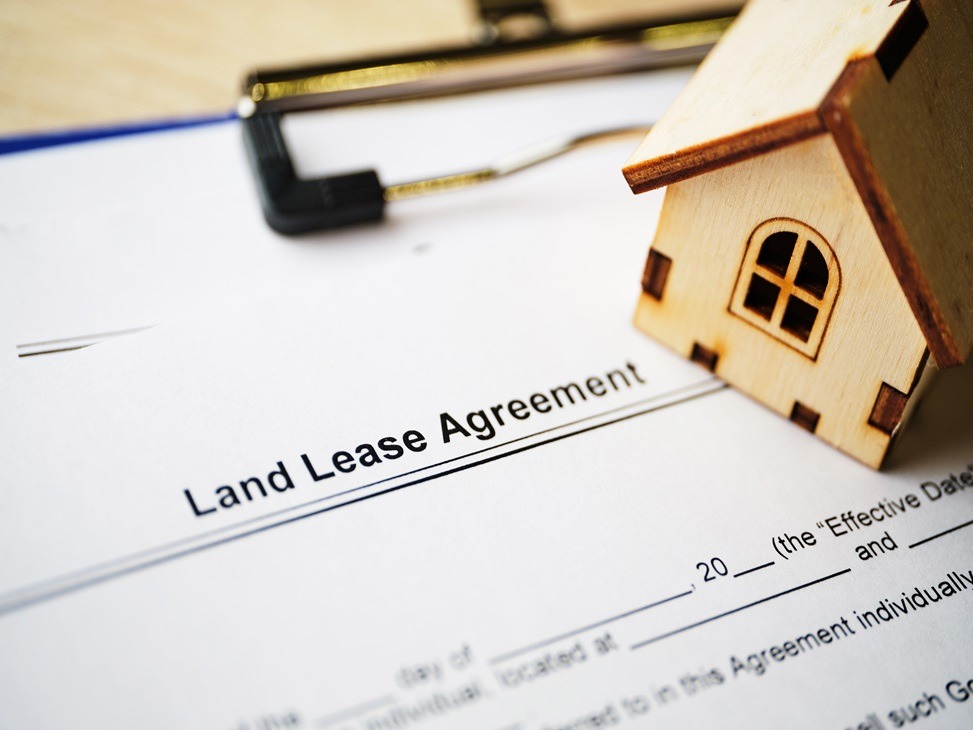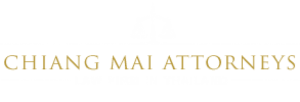Property Leasehold in Thailand. Foreign nationals are prohibited from owning land in Thailand under the Land Code B.E. 2497 (1954), with limited exceptions granted under investment promotion laws. As a result, leasehold arrangements have emerged as the primary legal mechanism for foreigners to acquire long-term possessory rights over immovable property. Unlike common law jurisdictions where leaseholds may be considered proprietary rights, Thai law treats leases primarily as contractual personal rights enforceable only against the lessor and not against successors, unless specifically registered.
This article examines the legal framework, registration procedures, enforceability issues, and strategic risks associated with leasehold property in Thailand, particularly for foreign nationals.
I. Legal Framework and Nature of Leasehold
A. Civil and Commercial Code (CCC), Book III: Specific Contracts
The principal source of lease law in Thailand is Sections 537–571 of the Civil and Commercial Code (CCC). Under Thai law:
-
A lease is a contract, not a real right.
-
Lease agreements over immovable property exceeding three years must be registered with the Land Department to be enforceable for the entire term (Section 538 CCC).
-
The lease does not survive beyond the lifetime of the lessor unless otherwise agreed or unless it is registered.
-
Leaseholds are non-transferable unless such right is explicitly written in the lease and agreed upon by both parties.
Thus, leasehold rights do not bind third parties (e.g., successors or purchasers of the land) unless properly registered.
II. Duration and Renewal Terms
A. Maximum Lease Term
The CCC permits an initial lease period of up to 30 years for residential, commercial, or agricultural purposes. Renewals are permitted but must be re-executed and registered as a new lease. There is no automatic right to renewal under Thai law.
Some developers offer lease agreements promising 30+30+30 years, but only the first 30-year term is legally binding. The second and third terms are contractual promises, not registrable rights, and thus depend entirely on the goodwill or capacity of the landowner or their successors.
B. Commercial Lease Exception
For commercial or industrial purposes, the Factory Act or BOI regulations may permit special lease terms exceeding 30 years, subject to ministerial approval under Section 4 of the Lease of Immovable Property for Commerce and Industry Act B.E. 2542 (1999). These are rarely granted and primarily limited to large-scale foreign investments.
III. Lease Registration Requirements
To make a lease enforceable under Thai law, it must be:
-
In writing and signed by both parties.
-
Contain clearly defined terms—property description, duration, rental amount, usage rights.
-
Registered at the local Land Office if exceeding three years.
-
Subject to a registration fee of 1.1% of the total rental value over the lease term (inclusive of stamp duty).
The registration is entered into the land title deed (Chanote), making it opposable to third parties.
IV. Land Ownership and Title Security
A lease is only as secure as the title it is based on. The following land title types differ in their enforceability:
-
Chanote (Nor Sor 4 Jor): Fully documented freehold title with precise survey; ideal for leasehold registration.
-
Nor Sor 3 Gor / Nor Sor 3: Intermediate titles with limited survey accuracy; lease registration possible but poses risk.
-
Sor Kor 1 or Por Bor Tor 5: Cannot be leased with enforceable rights; these are not full ownership titles.
Due diligence should include a title search at the Land Office to identify encumbrances, mortgage liens, usufructs, or prior leaseholds.
V. Inheritance, Transferability, and Sublease
A. Death of the Lessor
Unless contractually specified and registered, the lease terminates upon the death of the lessor. Even when stipulated, heirs may challenge or refuse renewal, especially where the lease was favorable to the lessee or executed with private individuals.
B. Sale of the Leased Property
If the lease is unregistered, a buyer of the land is not bound by the existing lease. For registered leases, a purchaser takes the land subject to the lease, and the lessee retains possession until expiration.
C. Subletting and Assignments
Subleasing or transferring leasehold rights is only permitted when:
-
The main lease expressly allows it.
-
Such sublease is also registered, if exceeding three years.
-
Lessors agree in writing.
Many leases in practice prohibit subletting without written consent.
VI. Leasehold Structures in Property Development
In resort and condominium projects, developers often sell leasehold interests to foreign buyers under a 30-year registered lease model. These may include:
-
Separate leases for units and land: Where units are technically part of the building on leased land.
-
Long-term service contracts bundled with the lease: Covering maintenance, management, and use of common facilities.
-
Usufruct or superficies rights: In some cases, granted in parallel to strengthen the foreign lessee’s legal position.
Where a condominium is involved, foreign quota rules under the Condominium Act B.E. 2522 must also be considered.
VII. Risks and Limitations
A. Lack of Real Property Status
Unlike freehold ownership, leasehold does not confer:
-
Control over transfer
-
Capital appreciation rights
-
Security beyond the contractual period
Thai law does not permit foreign nationals to own land, and leasehold does not create a real right of ownership over land or buildings.
B. Renewal Uncertainty
Renewal clauses are not enforceable unless new lease registration occurs. The lessor may:
-
Decline to renew
-
Request new terms
-
Be unable to act (e.g., due to death or sale of land)
C. Inheritance and Asset Planning
Leaseholds are not considered heritable assets unless transfer rights are explicitly written into the contract and registered. Even then, practical enforcement depends on successors’ cooperation.
VIII. Dispute Resolution and Enforcement
In the event of breach or eviction:
-
Lessees may file suit in Civil Court to enforce lease terms.
-
Courts generally uphold registered leases but are hesitant to enforce informal or private lease extensions.
-
Thai courts interpret lease contracts strictly under Section 538–571 CCC.
-
Arbitration clauses are enforceable, but only if properly drafted and not contrary to Thai public order.
Foreign lessees may face challenges enforcing rights if the lease was not properly registered or if the lessor’s successors refuse to honor terms.
IX. Alternative Rights: Usufruct, Superficies, and Nominee Risks
Foreigners sometimes combine leasehold with:
-
Usufruct (Section 1417–1428 CCC) – lifetime right of use and enjoyment; not renewable or inheritable.
-
Right of Superficies (Section 1410–1416) – allows construction and ownership of structures on another’s land.
These alternatives must be registered to be valid and still face limitations. Attempts to circumvent land ownership laws using nominee structures (e.g., Thai spouse or shell company holding land) are illegal under the Land Code and Foreign Business Act.
Conclusion
Leasehold property in Thailand remains the most practical mechanism for foreign nationals to obtain long-term use rights over land and buildings. However, leaseholds are contractual, not proprietary, and therefore inherently limited in duration, security, and transferability. Legal due diligence, properly drafted and registered contracts, and realistic expectations regarding renewal and inheritance are essential to mitigating risk.
Foreign investors and long-term residents must understand that leasehold arrangements, while legally permissible, require careful legal structuring, ongoing compliance, and clear exit or succession strategies. When properly executed and registered, leaseholds can provide stable tenure—but they should never be treated as equivalent to ownership.


